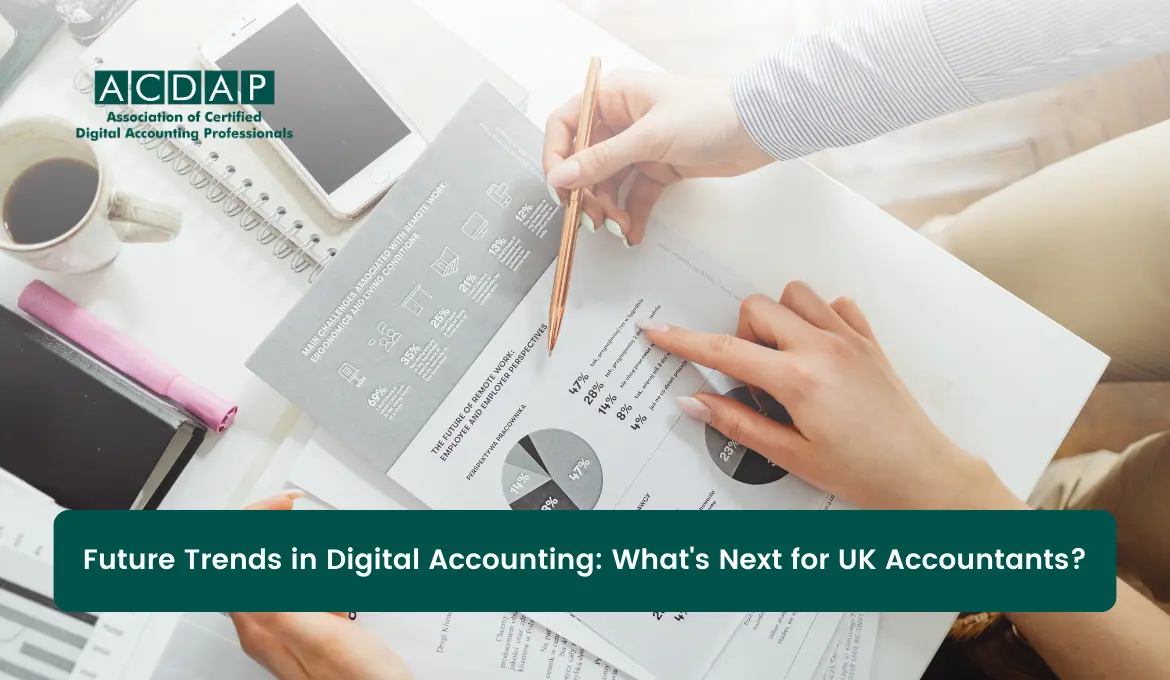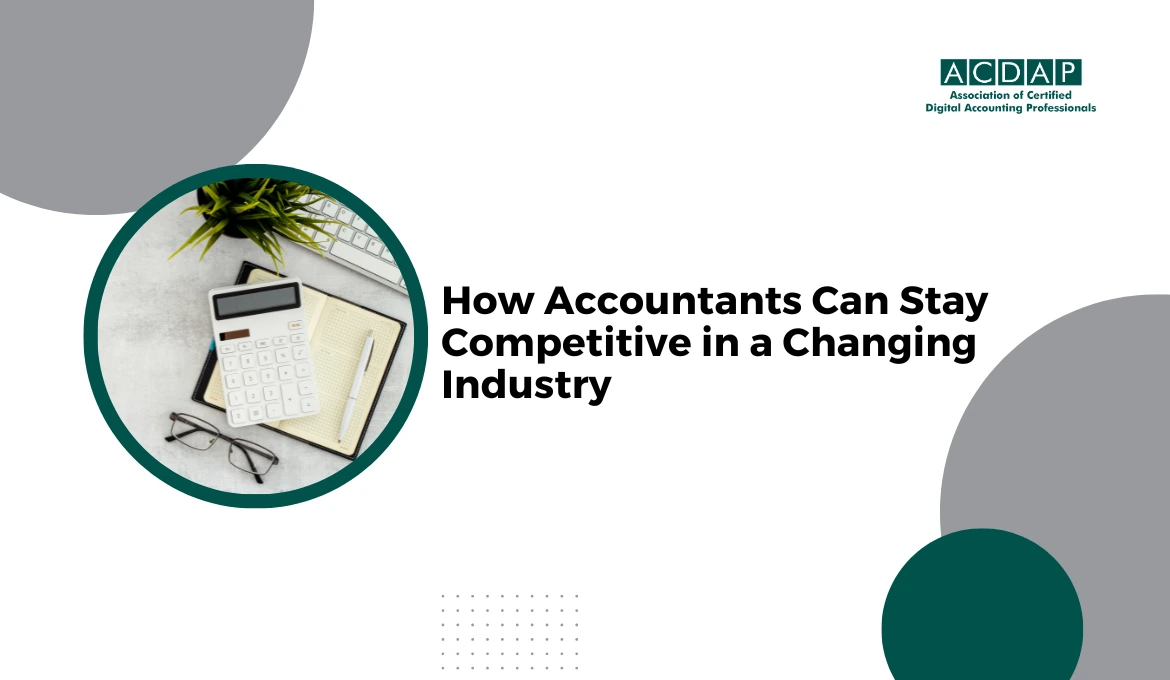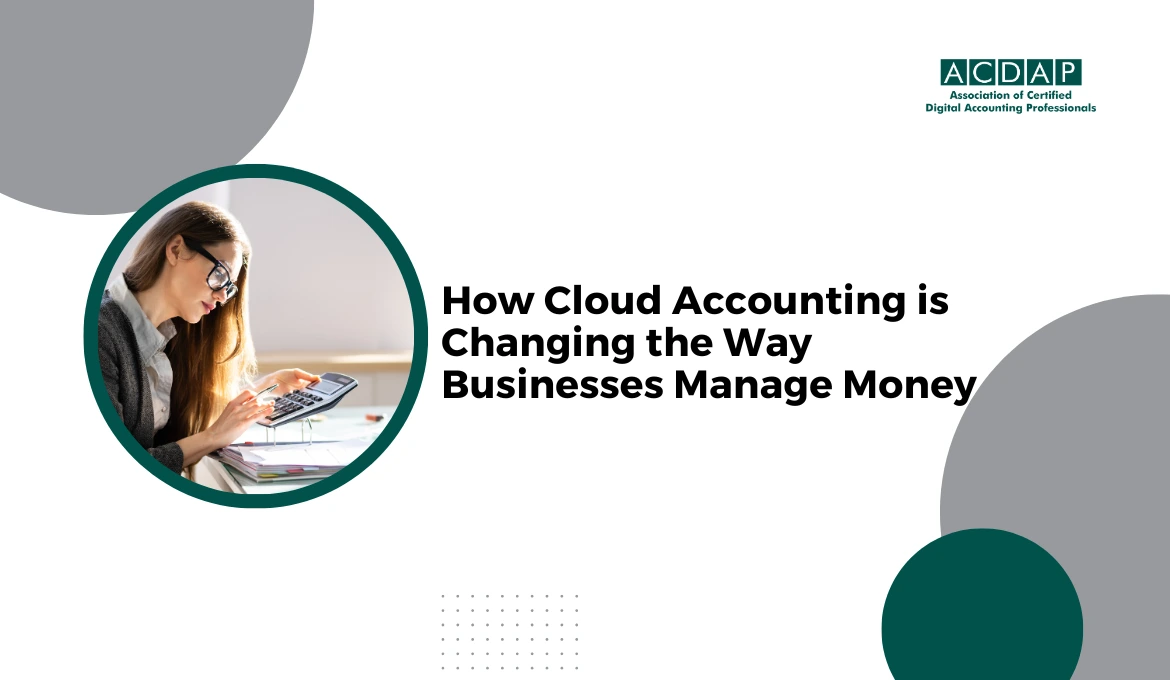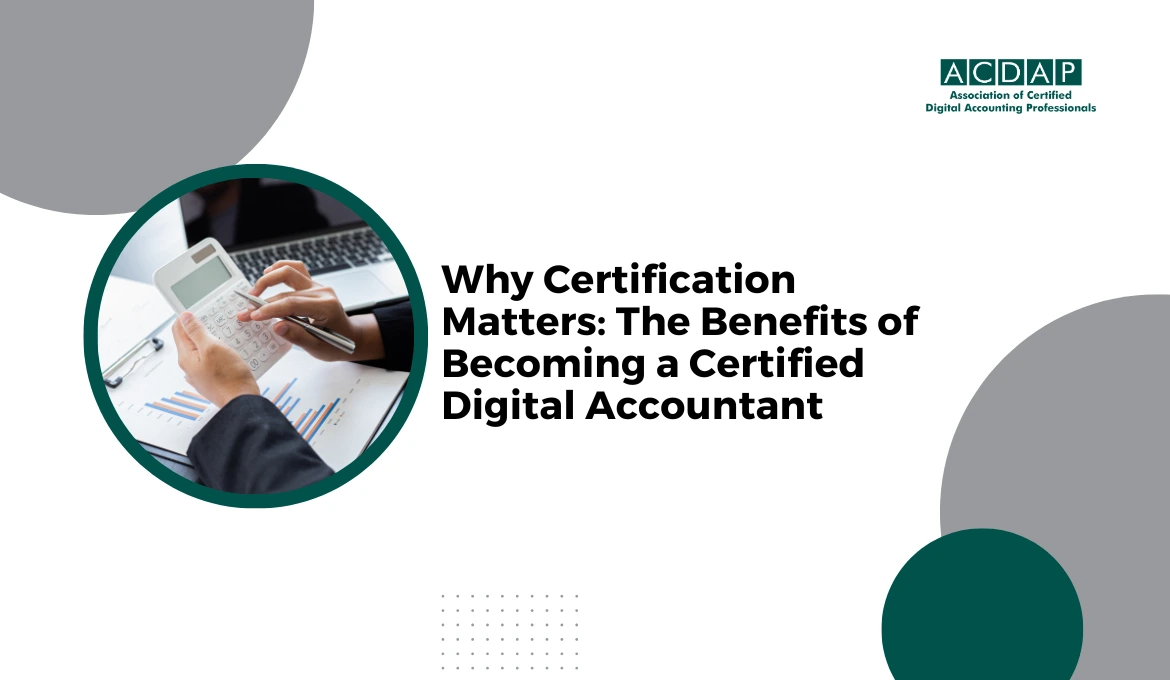Artificial intelligence (AI) is changing accounting. AI can take over routine tasks like entering data and matching records. This lets accountants spend more time on important work and offer better advice to their clients.
AI can also help in spotting patterns and trends in financial data that might be missed by humans. This means accountants can give more accurate forecasts and help businesses make better decisions based on these insights.
Blockchain technology
Blockchain is a new way to keep track of transactions securely. It makes financial records clear and trustworthy. For UK accountants, blockchain can reduce fraud and make audits easier by providing accurate data.
Using blockchain can also speed up the transaction process because it removes the need for middlemen. This makes financial dealings faster and more efficient for businesses and their accountants.
Cloud-based solutions
Cloud accounting is becoming more popular. It lets accountants access financial information from anywhere, work with clients online, and use tools that can grow with their needs. Cloud solutions also keep data safe and reduce the need for physical paperwork.
Big data analytics
Big data helps accountants understand financial trends by looking at large amounts of information. This means they can give better advice and help businesses make smart decisions based on data.
Improving cybersecurity
With more digital accounting, protecting financial data from hackers is crucial. Accountants will need to use strong security measures like encryption to keep sensitive information safe and maintain trust.
Cybersecurity measures also include regular updates and monitoring for any suspicious activity. This ongoing vigilance helps prevent data breaches and ensures that financial information remains secure.
Better client communication
Digital tools are making it easier for accountants to talk to clients. They can use online apps and platforms and to provide updates, offer advice, and respond quickly to questions. This helps build stronger relationships with clients.
These tools also make it possible for clients to access their financial information at any time. This transparency helps clients feel more involved and informed about their financial status.
More automation
Automation tools are getting better at handling tasks like processing invoices and tracking expenses. This saves time and reduces mistakes, letting accountants focus on more important tasks.
Automation also allows for real-time updates and alerts. Accountants can quickly address any issues or discrepancies as they arise, improving overall efficiency and accuracy.
Personalised services
Digital tools allow accountants to offer more tailored services. They can give advice based on each client's specific needs and preferences, which helps in providing better support and building stronger relationships.
Personalisation also means that accountants can create customised reports and recommendations. This ensures that clients receive information and advice that is most relevant to their individual situations.
Remote work
The rise of remote work means accountants can do their jobs from anywhere. Digital accounting tools make it possible to work online, collaborate with clients remotely, and manage tasks without needing a physical office.
Keeping up with regulations
As technology changes, so do financial rules and regulations. Accountants need to stay up-to-date with these changes. Digital tools can help manage compliance and ensure that accounting practices meet current standards.
Staying current with regulations also means regularly updating software and procedures. This helps prevent any compliance issues and ensures that accountants can continue to offer accurate and reliable services.
Conclusion
The future of digital accounting in the UK is exciting. With AI, blockchain, cloud solutions, and big data, accountants will work in new ways. Improved cybersecurity, better client communication, and more automation will make accounting more efficient and personalised. Embracing these trends will help accountants stay ahead in a fast-changing world.


























